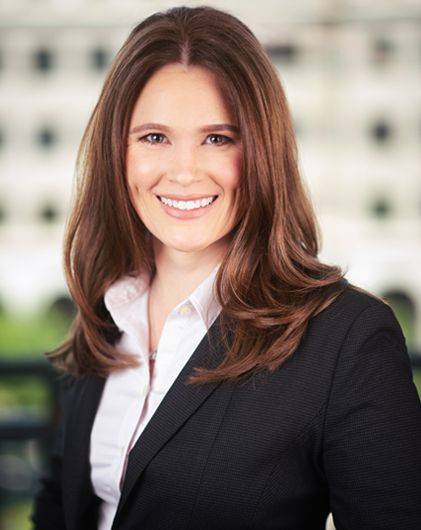Insurers Could Have Duty to Defend In Cases Deviating from Legitimate Business Practices, Georgia Federal Court Rules
A federal court in Georgia recently determined that several insurers had a duty to defend a hotel management company and property owner under Coverage B - Personal and Advertising Injury of the commercial general liability (CGL) policies.
The Northern District of Georgia recently held that, under Georgia law, the underlying complaint sufficiently alleged “personal and advertising injury” arising out of the insured’s business and no exclusions applied.
Details of the Suit
In the underlying suit, a hotel guest alleged that, in July 2015, she was recorded by a hidden camera, which she alleged was placed in her hotel room by an employee and/or agent of the insureds. She alleged that she did not became aware of the recording until 2018 upon receiving an email with a link to the video posted on the Internet.
The subject policies defined “personal and advertising injury” to include “[t]he wrongful eviction from, wrongful entry into, or invasion of the right of private occupancy of a room, dwelling or premises that a person occupies, committed by or on behalf of its owner, landlord or lessor.” The insurers argued, in part, that the allegations of underlying complaint did not satisfy this aspect of the definition of “personal and advertising injury” because no infringement on the hotel guest’s possessory right to occupy the hotel room was alleged to have been committed by or on behalf of its owner, landlord, or lessor. The policies also defined “personal and advertising injury” to include “[o]ral or written publication, in any manner, of material that violates a person’s right of privacy.”
The Ruling
In siding with the insureds, the Court stated an allegation that the hotel guest was prevented from occupying the hotel room was not required and that the underlying complaint sufficiently alleged an invasion of the right of private occupancy to trigger coverage under Coverage B of the policy at the time the alleged recording took place.
With respect to the policy in place when the video was posted to the Internet, the Court found that the allegations that an employee published the video while conducting himself in the normal course and within his scope of employment with the insureds fell “within the ambit of a reasonable interpretation” of this “personal and advertising injury” offense.
In addition, the respective insurers argued that the recording and publication did not arise out of the insureds business as required by the policies’ Coverage B’s insuring agreements. The crux of the insurers’ argument was that the surreptitious filming of guests is not a legitimate aspect of the insureds’ business, and not part of the insureds’ normal business operations. However, the Court found that numerous causal connections existed between the insureds’ business and the alleged offenses that caused the hotel guest’s injuries.
The Court also found that various Coverage B exclusions did not unambiguously apply to exclude coverage. The Court noted that the “catch all” phrases of the Recording and Distribution of Material Information Violation of Law exclusion and similar Access or Disclosure of Confidential or Personal Information exclusion did not apply and limited the application of these exclusions to instances of unwanted commercial solicitations, the improper collection and distribution of financial information, and other similar situations specifically listed in the exclusions. In addition, the Court found that a broad Violation of Statutes Exclusion contained within the policies in place during the publication of the video rendered coverage illusory as it “essentially nullifies the coverage” under the facts of this case.
The Takeaways
There are two important takeaways from this case. First, the offense of wrongful eviction from, wrongful entry into, or invasion of the right of private occupancy of a room, dwelling or premises will not necessarily be interpreted under Georgia law to require an infringement on a possessory interest.
Second, an offense may be interpreted to arise out of an insured’s business even where such offense deviates from an insured’s legitimate or normal business practices.
Please contact Christy Maple, Ken Boyles or any member of the Phelps Insurance team if you have questions or need advice or guidance.



